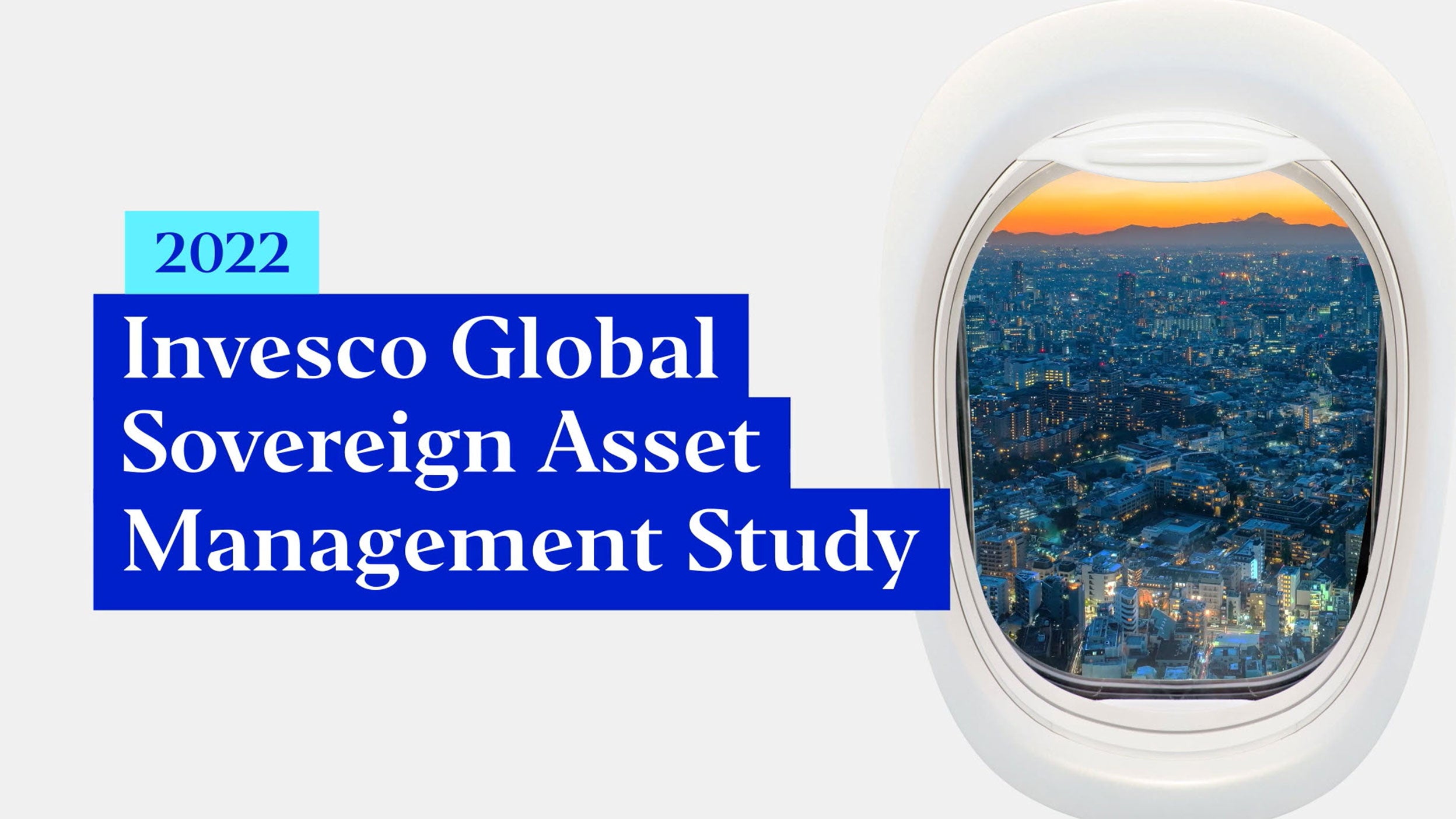Cambridge Judge Business School, which is supported by Invesco, has produced a study, to contrast and evaluate two of the most popular responsible investing strategies employed at present: negative screening and active engagement.
As a backdrop, the authors consider the challenges faced by the University of Cambridge, which mirrors those experienced by institutional investors worldwide. Specifically, they make use of issues raised at a recent “Divest or Engage?” conference held at the university.
The authors discuss emerging academic evidence from recent (unpublished) papers to provide an up-to-date perspective. They describe the challenges in excluding undesirable assets from investment portfolios and present evidence on the effectiveness of engaging with investee companies. The strategies of divestment and engagement are often employed as complements to each other, and this can be advantageous.
The authors also caution that investors need to be aware of the disquieting evidence that Environmental, social and governance (ESG) metrics differ considerably across ratings services, and the choice of data provider can have a fundamental impact on the ESG credentials of institutional portfolios.
View the full report







